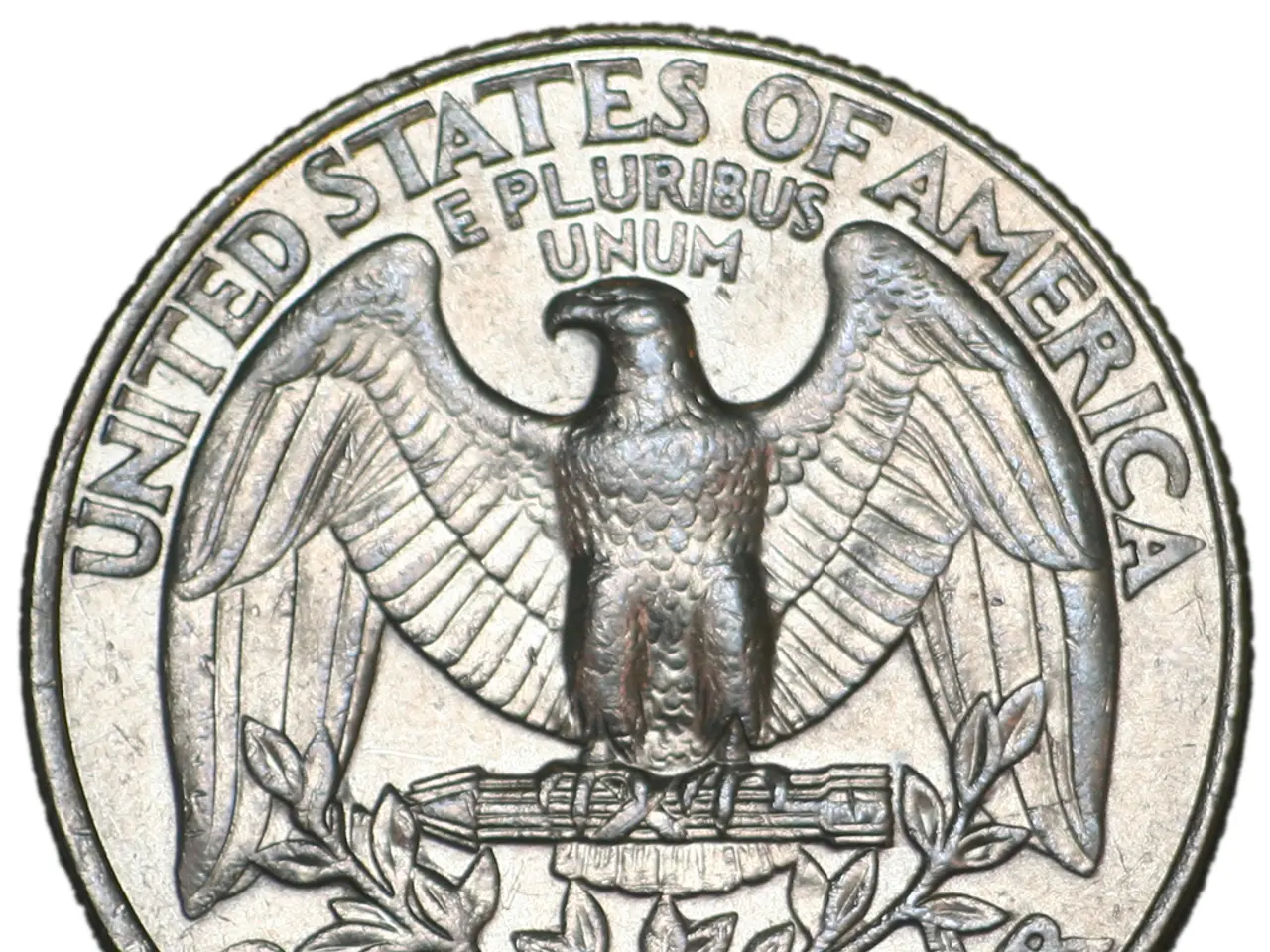SEC Chairman Paul Atkins reveals Project Crypto, endorsing Initial Coin Offerings (ICOs), airdrops, and more cryptocurrency-related activities.
Under the leadership of SEC Chair Paul Atkins, the Securities and Exchange Commission (SEC) has announced a significant shift in its approach towards cryptocurrencies and decentralized finance (DeFi) with the launch of "Project Crypto." This Commission-wide initiative seeks to modernize securities rules and regulations, enabling on-chain activity in the U.S. markets and fostering innovation while protecting investors.
The finer points of the SEC's plan touch on several key areas. For Initial Coin Offerings (ICOs), airdrops, and DeFi, the focus is on moving away from a rigid "regulation-by-enforcement" model towards clear, bright-line rules to determine when securities laws apply. This move is expected to reduce uncertainty for ICOs and token issuers.
Most crypto assets under this policy are expected not to be securities, addressing the prior overextension of the Howey test, which had discouraged capital formation via crypto. The Commission plans to develop a regulatory framework for onshore crypto asset distributions, encouraging ICOs and airdrops to occur within the U.S. under transparent regulations rather than complex offshore structures.
For decentralized finance, Atkins supports enabling DeFi platforms to operate under a modernized set of rules. This would allow non-security crypto assets to trade side-by-side with security tokens on regulated platforms and possibly on venues not registered with the SEC, including state-licensed or Commodity Futures Trading Commission (CFTC)-regulated platforms.
A new "innovation exemption" is proposed to accelerate the deployment of novel blockchain technologies, which could benefit DeFi projects by reducing initial regulatory burdens and fostering faster market entry. The SEC will also update antiquated rules to better accommodate blockchain and digital assets, unlocking greater liquidity and market functionality.
Atkins' comments indicate a shift in the SEC's stance towards DeFi, suggesting a more lenient approach towards DeFi software systems. He pledged to protect "pure publishers of software code" in DeFi and draw "reasonable lines to distinguish intermediated and disintermediated activity."
The SEC's new initiatives reflect many of the crypto policy recommendations released by the White House the previous day. Effectively, everything the crypto industry wanted to do under the tenure of former SEC chair Gary Gensler, but couldn't, is now on the table.
Atkins made explicit that crypto initiatives that have long excluded U.S. customers from their distribution channels for fear of legal repercussions, like airdrops and ICOs, should no longer have to make such carveouts. He stated that under his leadership, the SEC will not stand idly by and watch innovations develop overseas while U.S. markets remain stagnant.
In summary, Chair Atkins' Project Crypto is designed to clarify regulatory status for tokens, create domestic frameworks for ICOs and crypto distributions, support DeFi growth through flexible trading rules, and promote American leadership in crypto innovation and capital markets.
- Chair Paul Atkins' initiative, Project Crypto, aims to modernize securities rules and regulations for on-chain activity, fostering innovation in cryptocurrencies and decentralized finance.
- The SEC plans to move away from a rigid "regulation-by-enforcement" model for Initial Coin Offerings (ICOs), airdrops, and DeFi, towards clear rules to determine when securities laws apply.
- Most crypto assets, according to the SEC's new policy, are expected not to be securities, addressing the prior overextension of the Howey test.
- Atkins supports enabling DeFi platforms to operate under a modernized set of rules, allowing non-security crypto assets to trade side-by-side with security tokens on regulated platforms.
- A new "innovation exemption" is proposed to accelerate the deployment of novel blockchain technologies, benefiting DeFi projects by reducing initial regulatory burdens.
- Atkins pledged to protect "pure publishers of software code" in DeFi and draw "reasonable lines to distinguish intermediated and disintermediated activity," indicating a more lenient approach towards DeFi software systems.




